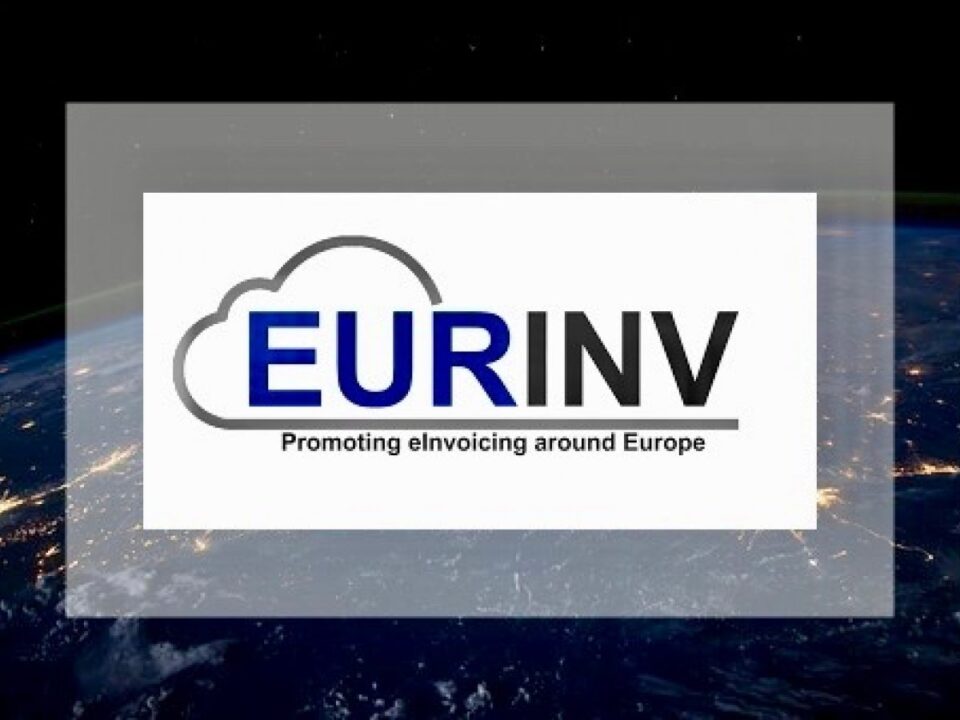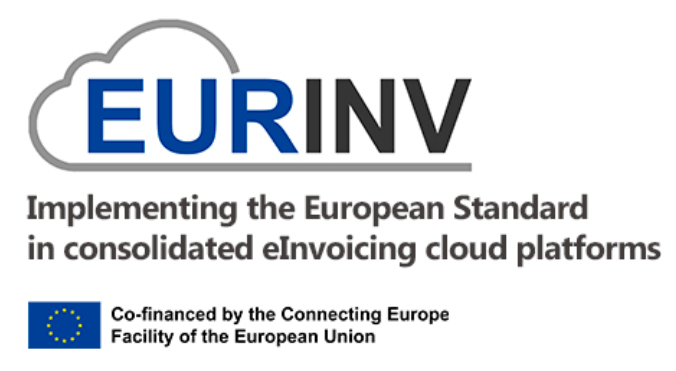
E-Invoicing and Its Geopolitical Stakes
France’s electronic invoicing reform relies on a Y-architecture, where Partner Dematerialization Providers (PDPs) play a central role in issuing and…
Generix Announces the Appointment of Olivier Vaillancourt as General Manager for North America View the press release


To spearhead digital harmony in the Union, the European Commission has instated a multitude of directives. However, those from 2006 and 2010 relating to e-invoicing are interpreted in very different ways from one European country to another. These many national transpositions are wayward with regard to implementing a European e-invoicing market.
More on the topic: [Ebook] E-invoicing in Europe: State of the art
To encourage European unity with regards to electronic invoicing, the TC 340 Group of the European Committee for Standardization (CEN) has rescinded the standard CEN 16931. The goal is to present a semantic model unique to e-invoicing data. Within this standardized framework, two identified syntaxes have been added within which standardized data must be deployed: UBL 2.1 and UN-CEFACT Cross Industry Invoice.
Within the public sphere, support for these syntaxes has been a requirement since the publication of directive 2014/55/EU “relative to electronic invoicing within the context of public markets.” The imposed application timeframe is fixed at the latest six months after April 18, 2019.
Imposing these new standards remains a challenge. It’s why the European Commission has the mission of supporting innovative projects that encourage the deployment of standards by providing them with financial aid. The Connecting Europe Facility program administered by the Innovation and Networks Executive Agency (INEA), has the goal of facilitating the adoption of shared European standards. Its role is to choose and subsidize projects within the European Union.
Generix Group was selected by INEA through a consortium organized by Universitat Politècnica de València—the Technical Institute of Valencia—and the consulting firm LMT.
The INEA consortium has brought together seven electronic invoice operators, of which Generix Group, to represent France. Other participants hail from Germany, Belgium, Spain, Finland, Italy, and the Netherlands. They are joined by two public entities from Ireland and Slovakia.
The group is in charge of the EURINV project, an acronym for “Implementing the European Standard in consolidated e-invoicing cloud platforms.” The program is oriented towards syntax support UBL 2.1 and UN-CEFACT CII by the seven operators who, in parallel, are updating their solutions. Begun in April 2019, the works are planned for a period of 18 months.
These new standardized data formats will be integrated in the Generix Group e-invoicing solution. Users of the group’s services will also benefit from a plethora of compliance connectors. The goal of these measures is to submit a solution capable of issuing and receiving electronic invoices while also respecting two syntaxes in the CEN 16931 standard.

France’s electronic invoicing reform relies on a Y-architecture, where Partner Dematerialization Providers (PDPs) play a central role in issuing and…

The B2B mandate in Germany, set to take effect on January 1, 2025, marks a crucial step in the European…

Following the October 15 announcement regarding the abandonment of the PPF development, the DGFIP and its partner AIFE are ramping…

Work with our team to build your ideal supply chain software stack and tailor it to your unique business needs.